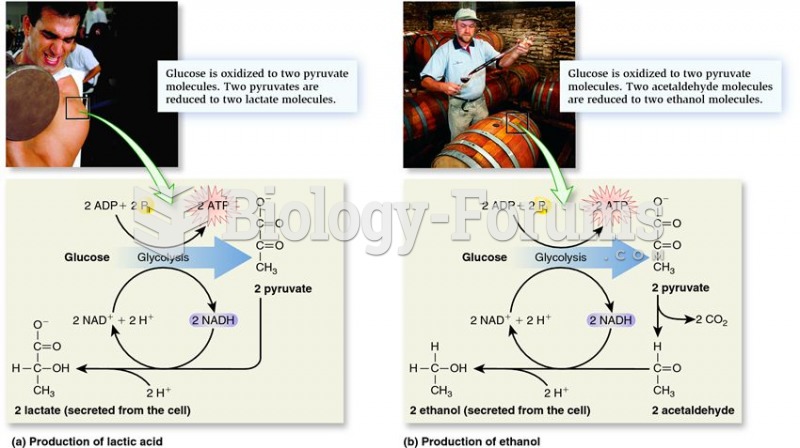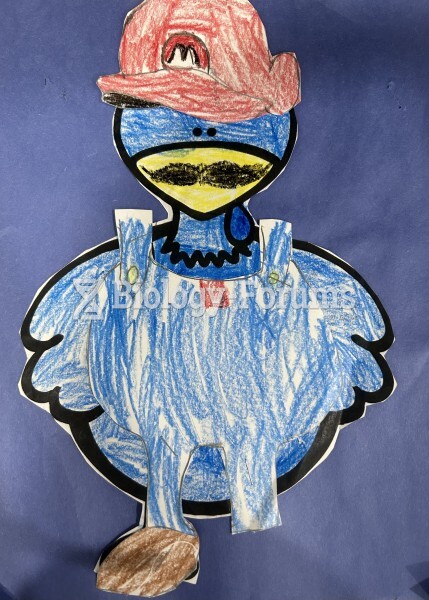Answer to Question 1
A patent is a right granted to the inventor of a product or process that excludes others from making, using, or selling the invention. Patents can be sought for any invention that is new, useful, and not obvious to any individual of ordinary skill in the relevant technical field. Patents motivate companies to pursue inventions and make them available to consumers because they protect investments companies make in research and development.
Trademarks are words or symbols that distinguish a product and its manufacturer. The Nike swoosh is a trademark, as is the name Lexus. Trademark law creates incentives for manufacturers to invest in developing new products. It also benefits consumers because they know what to expect when they buy a particular brand. In other words, you would not expect a canned soft drink labeled Coca-Cola to taste like one labeled Sprite.
Copyrights give creators of original works the freedom to publish or dispose of them as they choose. A copyright is typically denoted by the well-known symbol , a date, and the copyright holder's name. A copyright holder has the legal rights to:
Reproduce the copyrighted work
Derive new works from the copyrighted work
Sell or distribute copies of the copyrighted work
Perform the copyrighted work
Display the copyrighted work publicly
Copyright holders include artists, photographers, painters, literary authors, publishers, musical composers, and software developers. Works created after January 1, 1978, are automatically copyrighted for the creator's lifetime plus 50 years. Publishing houses receive copyrights for either 75 years from the date of publication or 100 years after creation, whichever comes first.
Answer to Question 2
A







